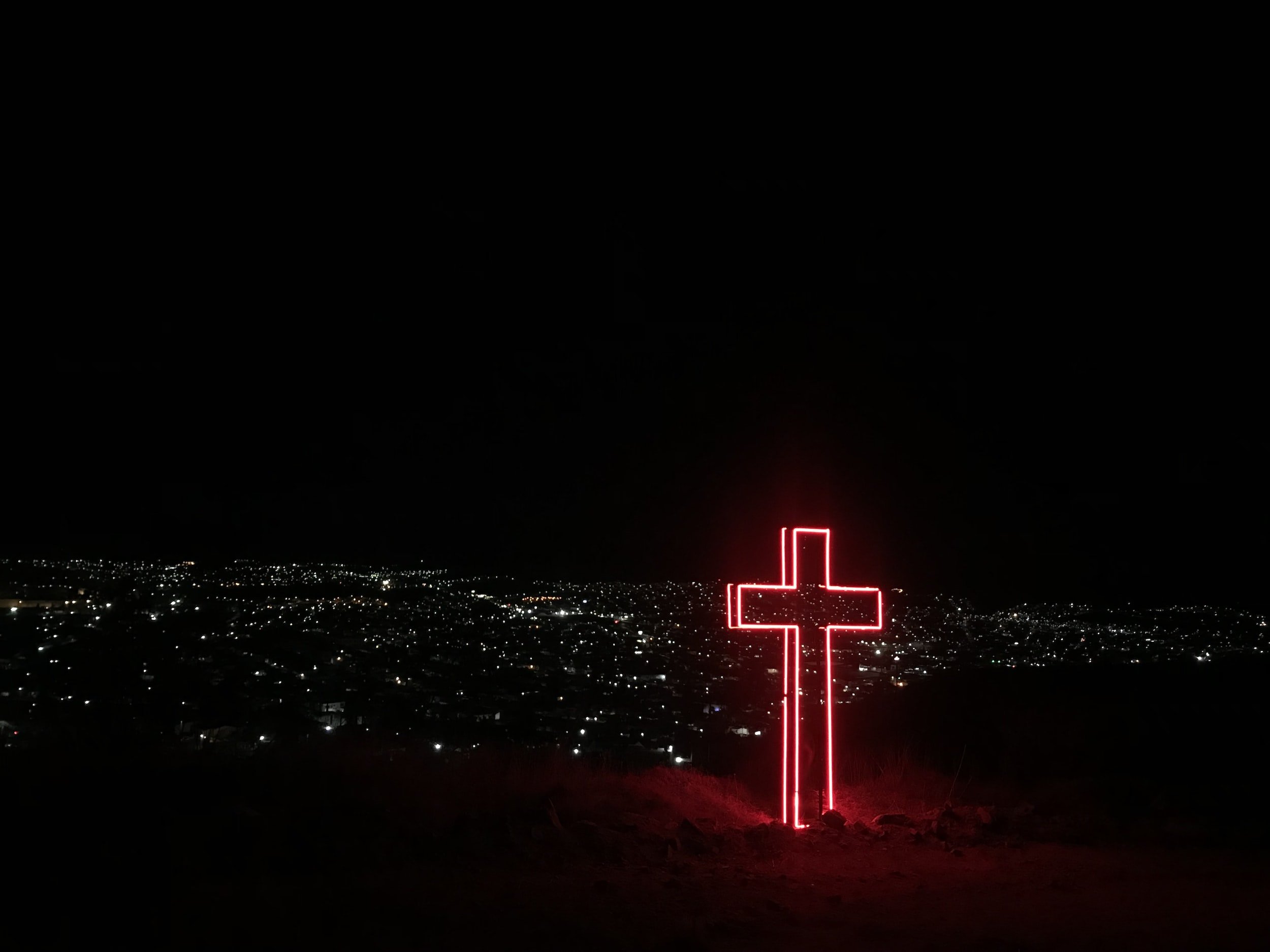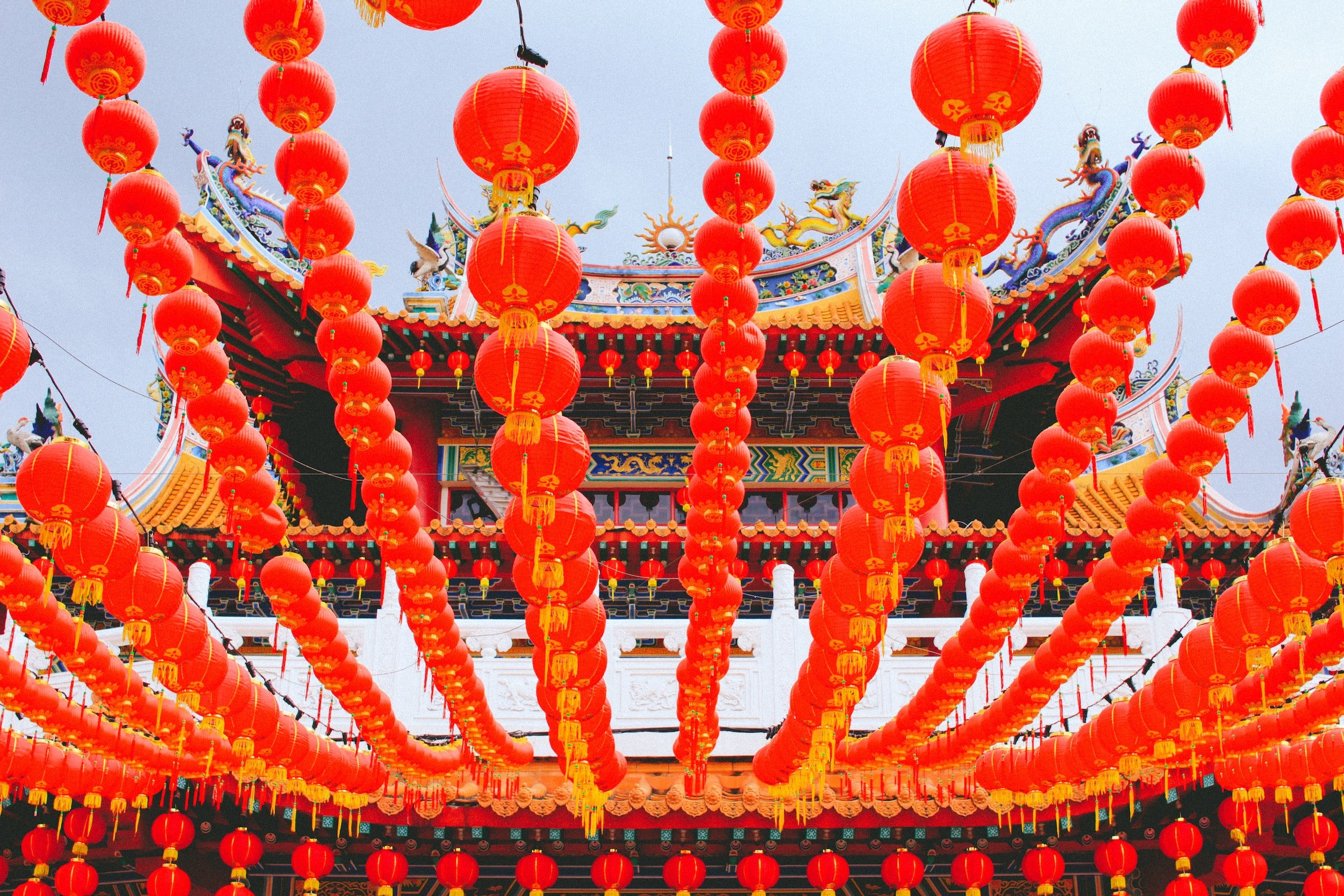
Psalm 82
A Psalm of Asaph.
1 God has taken his place in the divine council;
in the midst of the gods he holds judgment:
2 “How long will you judge unjustly
and show partiality to the wicked? Selah
3 Give justice to the weak and the fatherless;
maintain the right of the afflicted and the destitute.
4 Rescue the weak and the needy;
deliver them from the hand of the wicked.”
5 They have neither knowledge nor understanding,
they walk about in darkness;
all the foundations of the earth are shaken.
6 I said, “You are gods,
sons of the Most High, all of you;
7 nevertheless, like men you shall die,
and fall like any prince.”
8 Arise, O God, judge the earth;
for you shall inherit all the nations!
“He has told you, O man, what is good; and what does the LORD require of you but to do justice, and to love kindness, and to walk humbly with your God?” Micah 6:8
We Walk in Darkness
The Old Testament prophet Micah proclaimed God’s word: the sins of Israel and Judah would result in judgment, but after the judgment, a time of revival would come. Why was Israel to be judged? What is the meaning of this pattern of restoration?
The many times “justice” and “mercy” are mentioned in the Psalms give us insight to these questions. Both judgment and restoration concern the law of God’s kingdom, relationships among humans, and ultimately, the relationship between God and mankind.
>
”“This proclamation must bring us comfort, for we cannot meet in public, our pastors and elders are imprisoned, and unjust and unrighteous things are coming down upon us.”
Psalm 82, the psalmist presents us with God as the Judge. He is sovereign over and ultimately judges all the earth. From the eight verses of this psalm, we can easily see that God will rescue and protect the oppressed, the poor and destitute, and widows and orphans (vv. 3-4). On the other hand, those who do not understand the truth and do not rely on God walk in darkness and disrupt God’s established order on earth (v. 5). Their ultimate destiny is death (v. 7).
We are greatly comforted by this declaration, for we are those who care for the oppressed, comfort the poor, and help orphans and widows. Our present situation is that of those who walk in darkness. Around us, evil forces persecute the church, the powerful use their strength for personal gain, men and women steal and prostitute themselves. Yet their end is the endless abyss, a declaration from the Lord of all the world that comforts us. This proclamation must bring us comfort, for we cannot meet in public, our pastors and elders are imprisoned, and unjust and unrighteous things are coming down upon us.
A Just Society Founded Upon Love
Yet, when we read Scripture carefully, things become as clear as mud.
This image of a just society is not so different from the so-called utopia created by an atheistic society. Does any government openly wish for corruption to run rampant? Do we want a society where people must arm themselves with guns to protect their own home? Is the household that says, “A little love from everyone makes the world a better place” merely bluffing? [These are the lyrics to a well-known Chinese song.]
The psalmist condemns sin, saying: “They have neither knowledge nor understanding, they walk about in darkness; all the foundations of the earth are shaken.” (v. 5a) The issue is not really the lack of “knowledge” and “understanding,” but their deliberate rejection of God, which brings the community into moral darkness and shakes the order of God’s good creation (righteousness, mercy, etc.). When the psalmist says the foundations are “shaken,” he is saying the meaning we understand has been turned on its head. The Bible often speaks of poverty, hardship, and destitution when referring to the vulnerable. How do we treat those people?
>
”“We often get caught up debating right and wrong…We justify our apathy toward the weak with a “sword of justice” formed by Bible verses, rules, personal experiences, and the testimonies of the saints. Although we think we walk in justice, we have no love.”
No matter how strong the wood, a broken barrel can only hold as much liquid as its shortest piece. The whole pieces of wood are not the measure of that barrel. In 1 Corinthians, Paul tells us that brothers and sisters must together look after the believer who has a weak conscience, lest they stumble because you have eaten blood. If another believer stumbles because of what you eat, in humble reliance on the Lord, you must put aside your rights and, because of your love to them, go two extra miles with them.
Instead, we often get caught up debating right and wrong. We rarely consider, “What is the loving way of doing this?” Yet every great sacrifice is for the sake of love, while there is endless ruin and war for the sake of “right and wrong.” If everyone did what was right in their own eyes in the home, school, business, or in the church, we would quickly return to the state of Nazi Germany. We justify our apathy toward the weak with a “sword of justice” formed by Bible verses, rules, personal experiences, and the testimonies of the saints. Although we think we walk in justice, we have no love, and use “justice” as a mask for our own self-promotion.
Justice and Mercy, Complete in Christ
The “wicked” spoken of in v. 4 are not only those who are evil in a traditional sense, but also those who are sinful, trapped in error, stiff-necked, and who disregard the image of God in others. Again, see Micah 6:8: “He has told you, O man, what is good; and what does the LORD require of you but to do justice, and to love kindness, and to walk humbly with your God?” The first half of the verse focuses on human relationships, while the second half turns to our relationship with God. Unless we have a truly humble heart, all our good works and relationships are just trickle-down compassion and condescending charity. These good works and healthy relationships are just love that comes from the world. They bring no life change or renewal, but offer a false redemption with no future.
>
”“The great gift given us through the death of his Son is the life of Jesus. Christ is the one who acts righteously and does mercy. God has given us resurrection life, and he leads us to inherit all the nations.”
Only when we see the grace of being forgiven of our sins in Jesus are we able to deeply resent our own sin. Only in the forgiveness of Christ can we experience true humility, and only in him can we carry out justice and mercy. God has given us a great treasure: the ability to walk with him. We are those with “neither knowledge nor understanding.” (v. 5) We have gradually forgotten that Jesus entered the holy city of Jerusalem seated on a donkey’s colt. Instead, we have quietly exchanged that humble seat for a high horse, and seated ourselves atop it.
Psalm 82 ends with the comfort and promise that all nations will be our inheritance (v. 8). If there were no justice or mercy, then at the end of the road, we would be left running wild. Yet instead, God has promised us that he will have us. The great gift given us through the death of his Son is the life of Jesus. Christ is the one who acts righteously and does mercy. God has given us resurrection life, and he leads us to inherit all the nations.
Gao Jianfei is a pseudonym for a deacon at an urban house church in southwest China.
PRAYER
Almighty Father God,
Help us to see our poverty, helplessness, distress, and filth. May the Holy Spirit guide us and, by your holy hands, pull out of the mire. Then we may walk in humility, do justice, love mercy in Christ, and walk with God all the days of our lives. In the day of your judgment, we will enter into your glory together!

We are using the Psalms to guide our prayers for China
In 2022, our prayer movement is turning to the scriptural prayers found in the Psalms as we pray for the Chinese church. When you join our prayer movement, you will receive weekly prayer emails and a monthly newsletter so that you too can pray for our brothers and sisters in China.


































